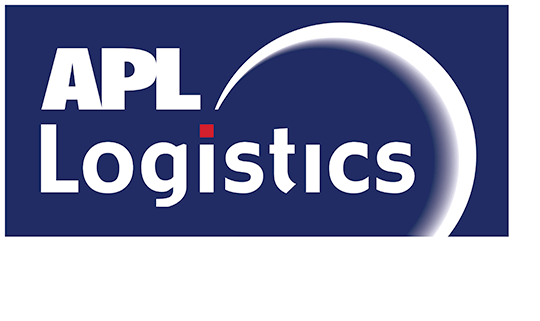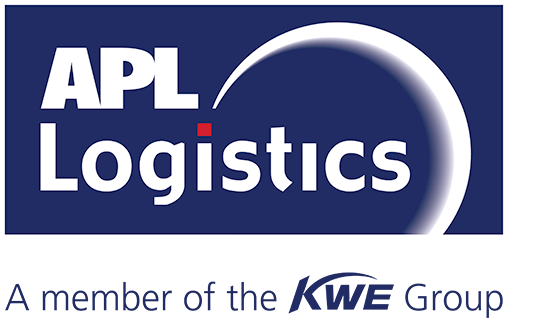April 4, 2023 in Retail
Addressing the Changing Dynamics of the European Retail Sector: Inventory Levels & Supply Chain Congestion
In recent years, the European retail sector has undergone significant changes. Consumer retail spending surged during the pandemic, while ocean freight challenges disrupted supply chains. Retailers were primarily focused on getting their products to market as soon as possible to meet the increased demand – leading to overly ambitious sales forecasting and missed sales. Higher order volumes increased inventory levels, which resulted in significant congestion within the supply chain and challenges for excess inventory.
However, the current economic slowdown and changing consumer behaviour pose new challenges for retailers as they try to balance their inventory levels and improve their supply chains.
CHANGES IN THE MARKET DYNAMICS
More recently, market dynamics have been driven by inflation and softening consumer spending behaviour, making it harder for many retailers to meet their sales targets. Inflation has forced consumers to become increasingly price sensitive and opt for cheaper alternatives. As a result, retailers face challenges with their working capital because of the excess inventory that needs to be moved, adding pressure on their cash flow and profitability.
CONSUMERS WANT THE RIGHT PRODUCT, IN THE RIGHT PLACE, AT THE RIGHT TIME, AND AT THE RIGHT PRICE.
ADDRESSING THE CONGESTION ISSUE
Retailers are exploring different strategies to address the congestion issue by right-sizing inventory levels and reducing the pressure on downstream storage facilities. One approach is implementing vendor inventory management solutions that help retailers better collaborate with suppliers to control inventory levels. Retailers are also utilising dynamic order management to help them respond to the changing needs of their customers. By slowing down the inbound flow of products that are in low demand, they can reduce pressure on downstream storage facilities and, conversely, speed up the delivery of in-demand items.
RIGHT-SIZING INVENTORY LEVELS
In the current economic climate, the ability to right-size inventory levels is increasingly critical. In making their business more resilient, retailers must adapt their supply chain management approach to a new reality. Advanced order management solutions allow retailers to effectively manage the flow of products from suppliers to end consumers. This ensures that the right products are available in the right quantities, in the right place, at the right time – and at the right price. Retailers can use data and analytics tools coupled with responsive supply chain processes to replenish inventory more accurately in accordance with demand and minimise stock-outs while keeping inventory levels low and distribution centres fluid. These benefits are critical to remaining competitive, allowing them to stay agile and respond to shifting market trends.
To support retailers in meeting their customers’ demands, APL Logistics has recently launched PANOM, which provides advanced order management capabilities. PANOM covers the entire order lifecycle, empowering companies with advanced order planning, predictive lifecycle visibility, and responsive execution across the globe, giving them agility and a competitive edge.
EXPECT THE UNEXPECTED
In response to major shifts in consumer behaviour, European retailers are increasingly pursuing strategies to dynamically control inventory levels to improve working capital and relieve pressure on downstream storage facilities and the commercial distribution network. Advanced order management solutions, like PANOM, enable retailers to effectively manage product flow, stay competitive, and respond to shifting market trends.
To learn more about how PANOM can benefit your organisation, please click here. If you have any questions about how APL Logistics can help to improve your supply chain, do not hesitate to contact our Supply Chain Development Team.
|
NETHERLANDS
Ernst Martens, Supply Chain Development Manager at APL Logistics
|
UNITED KINGDOM
Simon Kidner, Head of Supply Chain Development, EMEA at APL Logistics
|
GERMANY
Wayne Sander, Supply Chain Development Manager at APL Logistics
|
Author: Ernst Martens, Supply Chain Development Manager at APL Logistics


